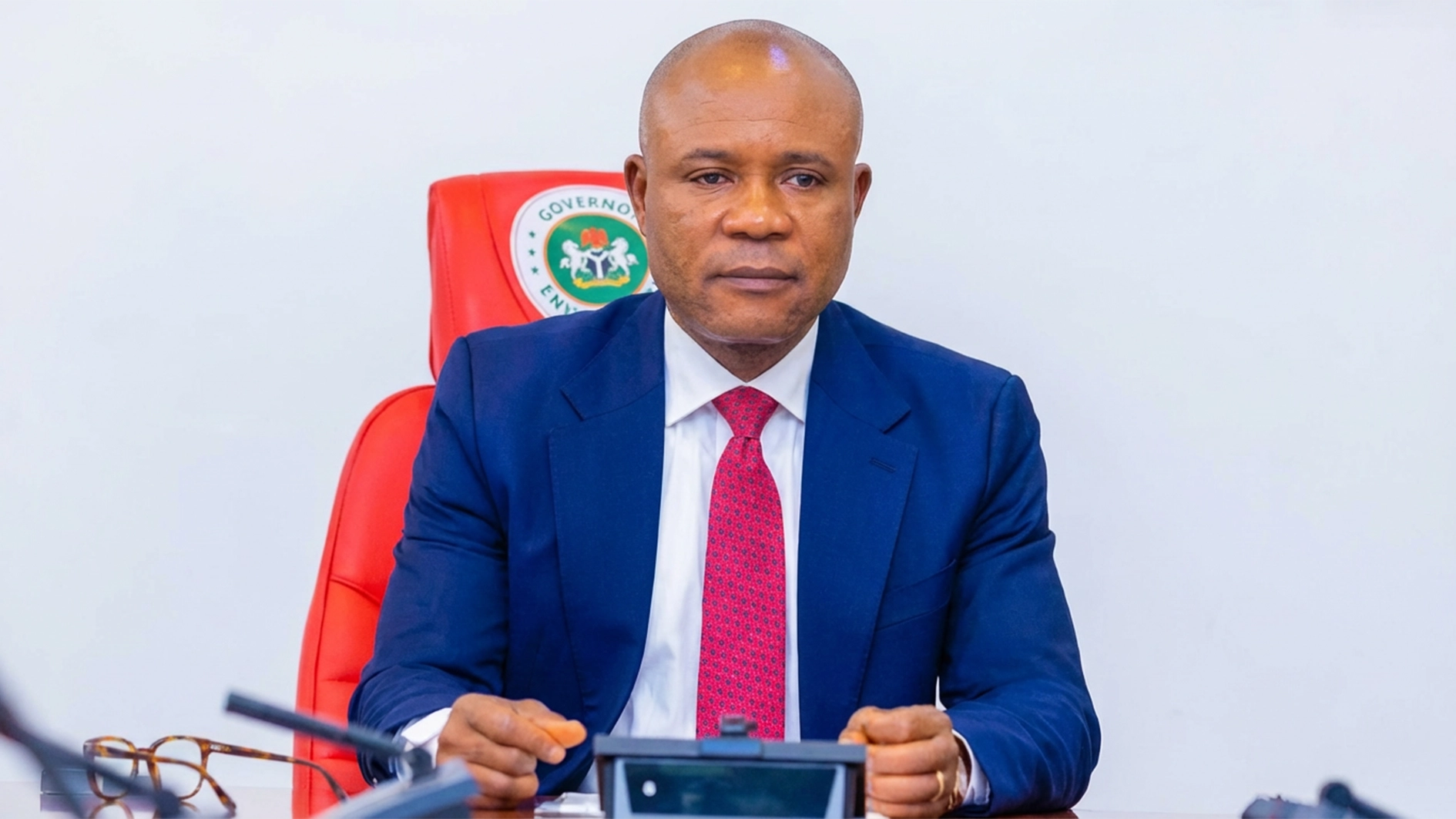* $70b yearly investment needed to avert crisis, say stakeholders
African governments have been urged to strengthen their legal frameworks, enhance maritime security, and enforce international treaties, as the continent’s blue economy, valued at $300 billion annually, faces multiple threats.
Also, the costs of climate-related issues are projected to cost 12 major African coastal cities between $65 billion and $86.5 billion by 2050. According to stakeholders at the 2025 Lagos International Maritime (LIM) Week’s 10th International Maritime Business-to-Business (IMB2B) Conference and Exhibition, the threat could displace millions in coastal communities and jeopardise 49 million jobs across fisheries, tourism, renewable energy and shipping sectors on the continent.
The event, held in Lagos yesterday, with the theme, ‘Our Oceans, Our Seas, Our Obligations – Maximising Africa’s Ocean Resources’, was organised by ZOE Maritime Resources Limited.
It drew policymakers, maritime executives and international partners from France, Denmark, the United States, Ghana and Liberia to discuss the rising global interest in Africa’s blue economy and its role in shaping the continent’s sustainable future.
Delivering a public lecture on the theme of the event, the Executive Chairman/Chief Consultant, Widescope International Group/Global Transport Policy (GTP), Dr Oluwasegun Musa, said Africa’s oceans, stretching over 47,000 kilometers of coastline and covering 13 million square kilometers of exclusive economic zones (EEZs), faces threats of climate change, overfishing, pollution and weak governance.
Musa pointed out that weak governance and financing gaps further hinder progress, noting that despite high-level frameworks like the African Blue Economy Strategy, over two-thirds of the continent’s nations lack comprehensive national strategies, while an estimated $70 billion in yearly investment is needed to achieve sustainable development goals through 2030.
Represented by the Director of Strategy and Business Development, GTP, Mark Onuchi, Musa said illegal, unreported and unregulated (IUU) fishing continues to drain billions of dollars yearly from African economies, which is depleting fish stocks and destabilising coastal communities, with West Africa’s catch potential expected to decline by 30 per cent.
He said fisheries and aquaculture hold enormous potential to close a projected 12-million-tonne fish deficit by 2050 and that with strategic investments and regulation, Africa could become a net exporter of fish and meet the rising protein demands.
Musa also highlighted marine pollution from plastics, oil spills, and industrial waste as another pressing challenge, noting that the rapid coastal population growth, projected to add 143 million more people to African coastlines by 2035, will intensify these environmental pressures.
He said offshore renewable energy presents another monumental opportunity, citing that South Africa alone could generate up to 900 gigawatts of offshore wind power, representing a potential 45-fold increase over the continent’s current electricity capacity.
To reverse the threats, Musa urged African nations to invest robustly in marine science, research, and data collection to inform evidence-based policies. He also stated that coastal and marine tourism, valued at $80 billion and employing 24 million people, can be a major economic driver if developed sustainably.
Musa pointed to the Seychelles’ pioneering “debt-for-nature” swap, which leveraged debt restructuring to fund marine conservation and sustainable fishing, as a powerful model for African nations.
“The challenges facing our oceans are transnational. Africa’s collective voice must be heard on the global stage, advocating for our unique concerns and leveraging partnerships to address the global climate and biodiversity crises,” he said.
In her welcome address, the Convener of LIMWEEK and Chair, Zoe Maritime Resources Limited, Oritsematosan Edodo-Emore, said developing the ocean resources of Africa is the answer to the acute poverty on the continent.
She also stressed securing the maritime architecture of the Gulf of Guinea and the development of Africa’s ocean economy. Edodo-Emore noted that as the continent moves into the digital age, it is important for the ports to be properly equipped to face the dynamics generated by new technologies and innovation.
She stressed that smart ports address poor vessel turnaround time, customs clearance, and manual processes at the ports, while calling for an advanced conversation on the development of smart ports and their attendant opportunities and challenges.






